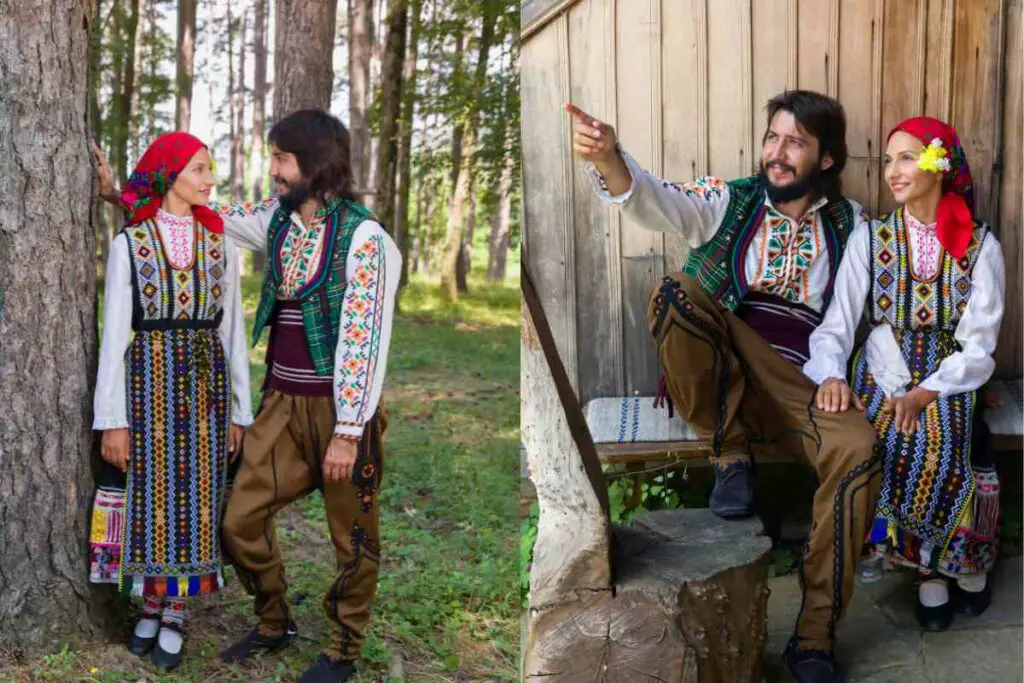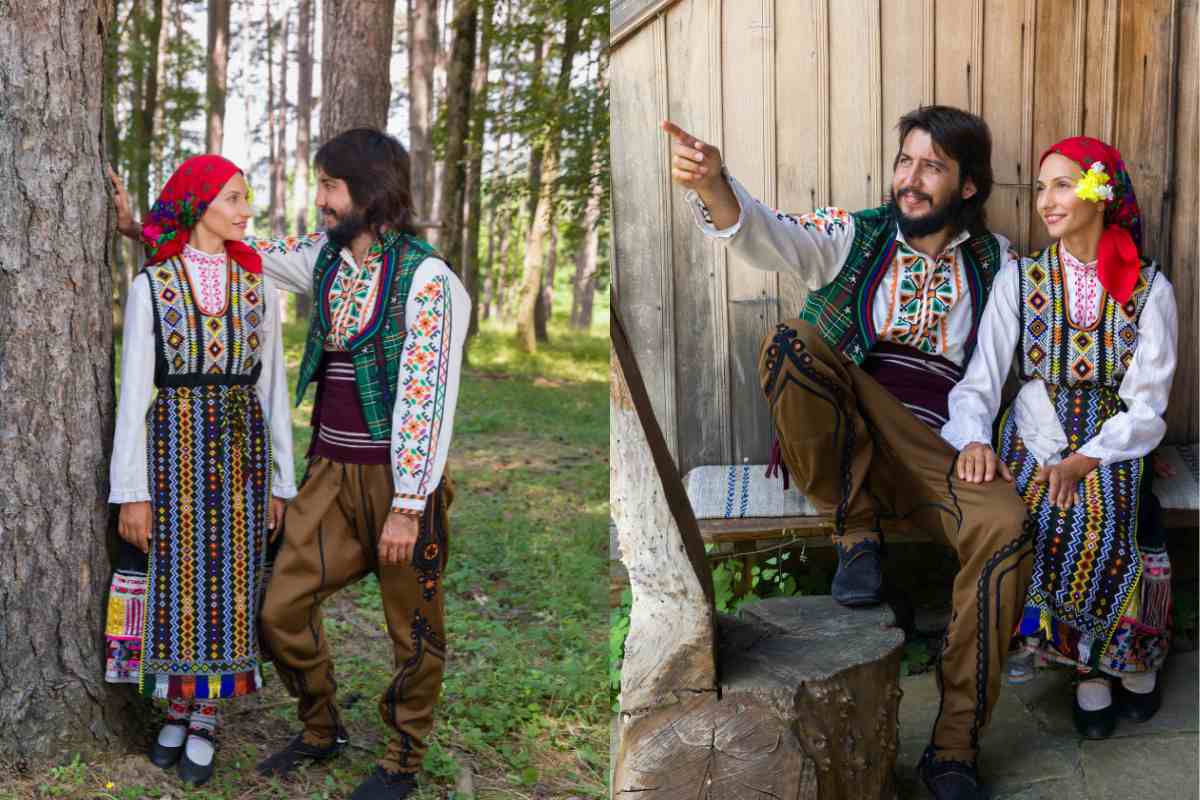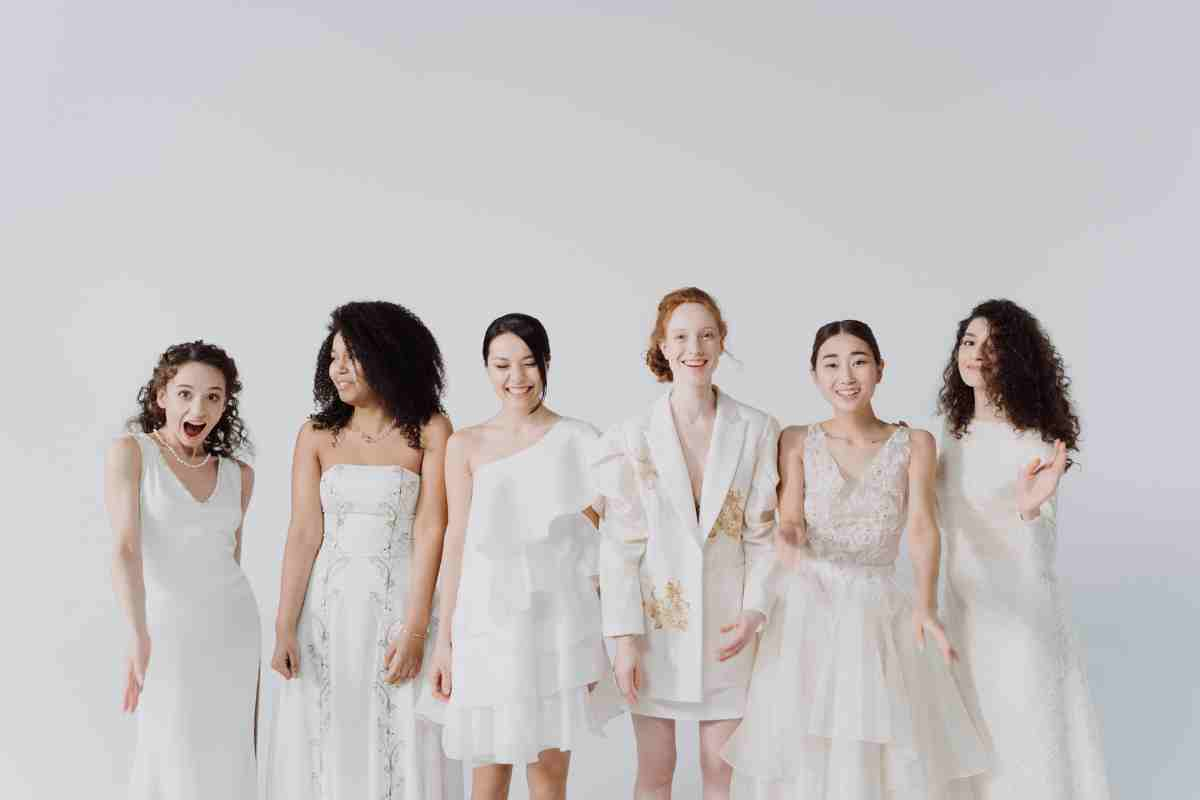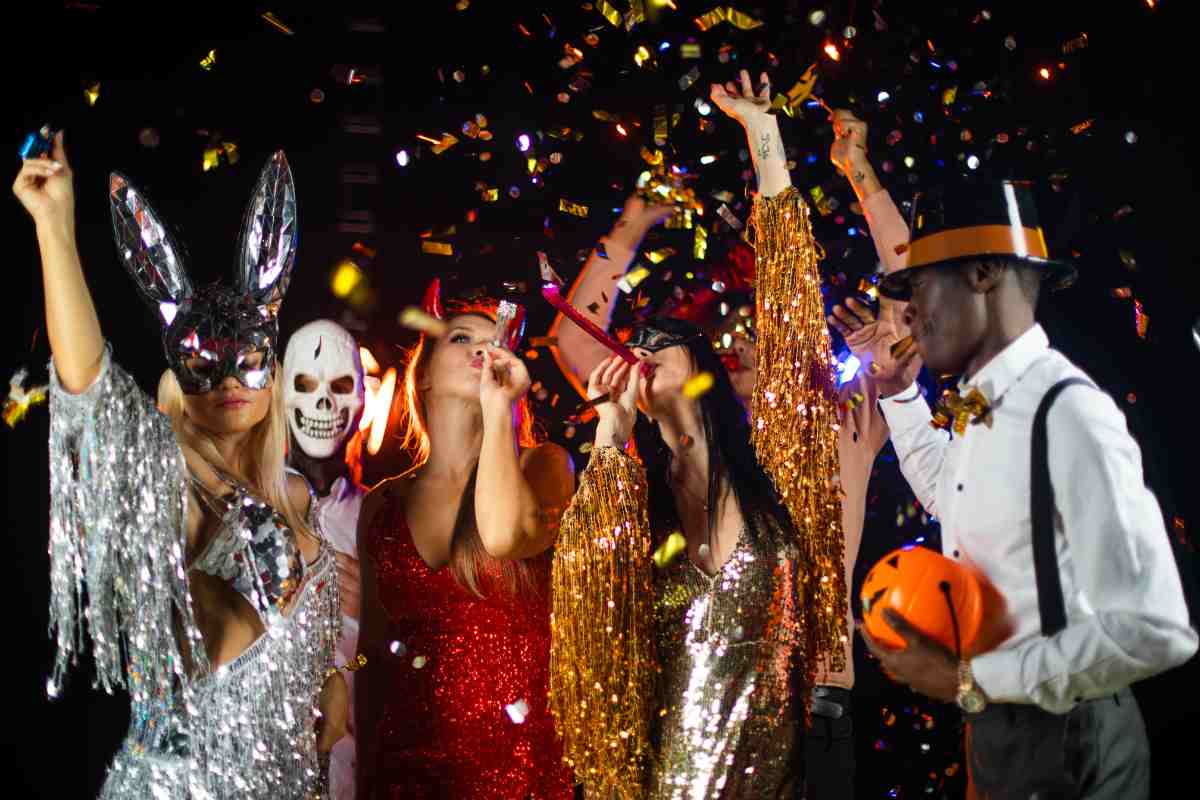The concept of wearing a Halloween costume beyond the spooky holiday is intriguing. Many have likely wondered whether it’s socially acceptable to sport our favorite costumes on Halloween occasions.
Before diving into the various reasons and considerations behind this choice, let’s acknowledge its potential concerns. Some may worry about how others perceive them when stepping out in a costume after Halloween, and these perceptions can vary widely depending on the context.

Reasons to Wear a Costume After Halloween
Expressing Individuality and Creativity: One compelling reason to don a costume post-Halloween is the opportunity it provides to showcase your unique personality and creativity. Costumes can be an extension of your identity, allowing you to express yourself fun and imaginatively.
Themed Events or Parties: Various themed events and parties may call for costumes beyond Halloween. Costume parties, themed birthdays, or special gatherings centered around fictional worlds can be the perfect occasion to let your costume shine.
Cosplay and Fandom-Related Activities: For fans of particular movies, TV shows, video games, or comic books, dressing up as beloved characters—cosplay—can be a year-round hobby. Conventions and fan gatherings provide ample opportunities to indulge in this passion.
Costume-Related Hobbies or Interests: Some individuals have a genuine passion for costume design, makeup artistry, or historical reenactments. For them, wearing costumes outside of Halloween isn’t merely an option but a dedicated pursuit.
Considerations Before Wearing a Costume
Cultural and Social Norms: Understanding your community’s cultural and social norms or the event you plan to attend is crucial. In some places, wearing a costume after Halloween might be perfectly acceptable, while in others, it might raise eyebrows.
Event Appropriateness: Assess whether the event or occasion you’re attending is appropriate for wearing a costume. For example, formal gatherings or somber events may not be the best settings for dressing up.
Confidence and Personal Style: Confidence plays a significant role in how you carry yourself in a costume. If you feel comfortable and confident, you’re more likely to pull off the look gracefully. Your style and willingness to embrace the costume’s identity are equally important.
Costume Comfort and Practicality: Practicality matters too. Consider the comfort and ease of wearing your costume for an extended period. Unwieldy or uncomfortable outfits may not be ideal for everyday wear.
In the following sections, we’ll explore situations where wearing a costume after Halloween is acceptable and those where it might be perceived differently. We’ll provide tips on handling potential reactions—ultimately, choosing to wear an outfit after Halloween should align with your interests, comfort level, and the specific context you find yourself in.
More Post: What are the most popular Halloween costumes?
More Post: Why is costume important in drama?
Situations Where Wearing a Costume is Acceptable
Costume-themed Parties: Costume-themed parties, whether they are birthday celebrations, holiday gatherings, or costume balls, are perfect opportunities to showcase your costume creativity. In such settings, dressing up is acceptable and often expected, making it a great chance to have fun and connect with others who share your enthusiasm.
Comic Conventions and Fan Gatherings: Comic conventions and fan gatherings are the holy grail for cosplayers and fans of various franchises. These events encourage and celebrate costume-wearing; attendees often go to great lengths to replicate their favorite characters meticulously.
Theater and Performance Events: In the theater and performance arts world, costumes are an integral part of storytelling. Actors frequently wear costumes to bring characters to life on stage. Attendees of theater productions or themed events like Shakespearean festivals may also choose to dress up as a sign of appreciation.
Charity Events or Fundraisers: Some charity events and fundraisers incorporate costume themes to add a festive and engaging element to their cause. It’s common to see participants and volunteers dressed up in creative outfits to support charitable endeavors.
Dress-up Days or Themed Work Events: Many workplaces organize dress-up days or themed events, especially around holidays or team-building activities. These occasions offer a lighthearted opportunity to wear a costume and foster camaraderie among colleagues.
Situations Where Wearing a Costume May Be Perceived Differently
Everyday Casual Outings: Wearing a costume for regular casual outings, such as going to the grocery store or running errands, can be met with mixed reactions. While some may appreciate your flair for creativity, others might find it unconventional or unusual in everyday settings.
Formal Events: Formal events like weddings, black-tie galas, or corporate conferences generally adhere to a strict dress code. Wearing a costume at such occasions is typically discouraged, as it may not align with the event’s decorum and tone.
Cultural or Religious Contexts: Wearing a costume that could be seen as culturally insensitive or disrespectful can be highly offensive in cultural or religious contexts. It’s crucial to exercise sensitivity and respect for the beliefs and practices of others.
Inappropriate or Offensive Costumes: Lastly, costumes that are inappropriate, offensive, or in poor taste should be avoided at all times. Such costumes can cause discomfort, offend others, and damage your reputation.
When deciding to wear a costume after Halloween, it’s vital to consider the specific situation and context. In situations where outfits are welcomed and encouraged, you can confidently embrace your creative side. However, in contexts where costumes may not be appropriate or could potentially offend others, it’s essential to exercise discretion and respect for social norms and cultural sensitivities.
Tips for Wearing a Costume After Halloween
Choose Versatile and Comfortable Costumes: When selecting a costume to wear outside of Halloween, opt for versatile and comfortable outfits. This will ensure you enjoy your costume in various situations without feeling constrained or uncomfortable.
Be Confident and Own Your Style: Confidence is key when wearing a costume outside traditional contexts. Embrace your chosen style and character with pride. Your confidence will not only make you feel better but can also positively influence how others perceive you.
Respect Cultural Sensitivities and Appropriateness: Always consider the cultural and social norms of the environment you’ll be in. Avoid costumes that could be offensive or disrespectful to others’ beliefs, cultures, or identities. Being sensitive to these factors demonstrates thoughtfulness and respect.
Maintain Good Hygiene and Costume Cleanliness: Regularly clean your costume to ensure it looks its best. Nobody wants to see a messy or dirty costume. Proper hygiene is equally important, as costumes can sometimes get hot and uncomfortable.
Handling Potential Reactions
Be Prepared for Curious Questions: Expect people to be curious and inquire about your costume. Be ready to answer questions about why you’re wearing it, which can be an excellent opportunity to share your passion or reason behind your choice.
Embrace Positive Feedback: Many people will appreciate your creativity and enthusiasm. Embrace the positive feedback and connect with like-minded individuals who share your interests.
Brush Off Negative Comments if Necessary: Unfortunately, not everyone will understand or appreciate your choice to wear a costume. If you encounter negative comments or judgment, remember that it’s your choice, and you can enjoy it without being deterred by others’ opinions.
Educate Others About Your Reasons if They Inquire: If someone questions your costume choice in a genuinely curious or concerned manner, take the opportunity to educate them about your reasons and interests. This can help dispel misconceptions and foster understanding.
Conclusion
Summarize the key points discussed throughout the article, emphasizing the importance of thoughtful costume choices and respectful behavior when wearing costumes outside of Halloween.
Encourage readers to make informed choices about wearing costumes after Halloween, considering their preferences, the context in which they plan to do so, and the impact it may have on those around them. Ultimately, wearing a costume can be a fun and creative way to express oneself, as long as it is done with consideration for others and an understanding of the situation.



